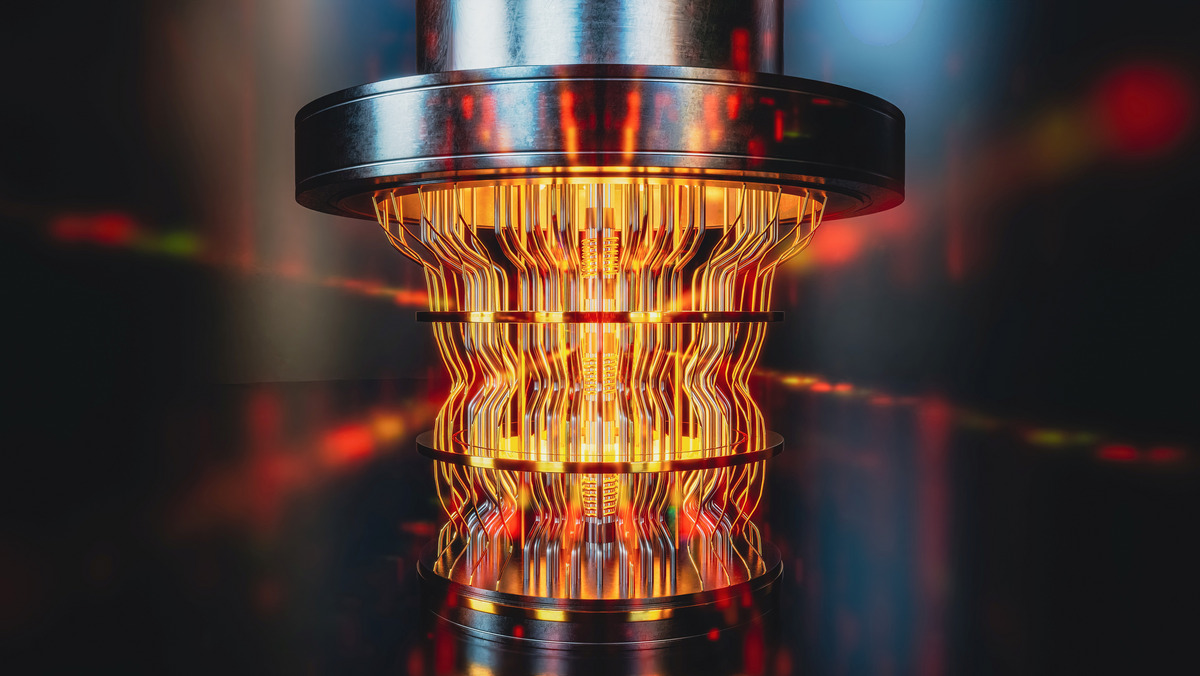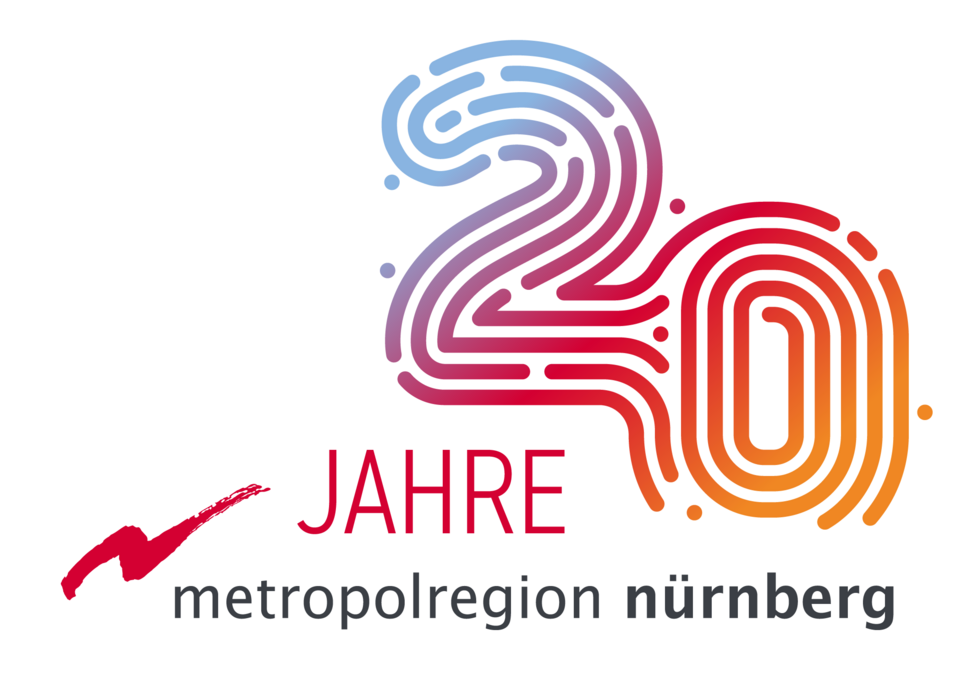A pocket-sized quantum computer
A new physics project at FAU Erlangen-Nuremberg is working on the development of quantum bits that work on the basis of topological insulators and could therefore enable a particularly small quantum computer. The university is receiving 900,000 euros in funding for this project.
A quantum computer just the size of a smartphone
How could this become a reality? Scientists at Friedrich-Alexander-Universität Erlangen-Nürnberg (FAU) are now investigating this. Physicist Prof. Dr. Vojislav Krstić and his research team are working on the development of quantum bits (qubits) based on topological insulators - a class of materials that has increasingly become the focus of research in recent years due to its extraordinary properties. The pioneering project is now being funded with over 900,000 euros.
Wide range of applications - from the medical field to AI
Wide range of applications - from the medical sector to AI
Quantum computers suitable for everyday use could speed up many processes many times over in the future. However, the current models have a crucial catch: they only work at extremely low temperatures. “This is due to the quantum bits, also known as qubits, which control the computer and can assume several states simultaneously. With these qubits, quantum computers can achieve high computing power. However, conventional qubits only work just above absolute zero, which is around -273 degrees Celsius,” explains Prof. Dr. Vojislav Krstić from the Institute of Condensed Matter Physics. This is why quantum computers currently still have to be cooled at great expense and with large systems. “In order to integrate quantum computers into everyday life, we need to find electrically addressable qubits that also work stably at higher temperatures,” says Krstić. This would not only make the devices smaller and more affordable, but also significantly reduce their energy consumption.
The search for the qubit of the future
The research project is therefore focusing on topological insulators: a class of material that is unaffected by external influences and can therefore transmit information particularly securely. Topological insulators therefore also have the potential to revolutionize quantum computing. Until now, they have mainly been studied on a macroscopic scale, i.e. visible to the eye. “If we now reduce the structure of these materials to just a few nanometers and break symmetries in a targeted manner, their energetic properties change and we could use them as qubits,” explains Krstić. The researchers have to break the symmetries of the material in such a way that it remains stable and at the same time has the desired properties for use in quantum computers. “This is a major challenge. But if we can find a qubit that works at higher temperatures this way, it will open up new possibilities. For example, quantum computers could be installed in cars that regulate the energy supply.”
About the research project
The research project at FAU will be funded over a period of two years and is intended to make a decisive contribution to advancing international research in the field of quantum computing. The funding will primarily go towards personnel, special equipment and consumables. The work of Krstić and his team could not only revolutionize technology, but also contribute to a more sustainable use of resources - a decisive advantage in times of climate change. Quantum computers that require less expensive cooling would not only be more environmentally friendly, but could also be used everywhere - from laptops on desktops to AI in the medical field.





